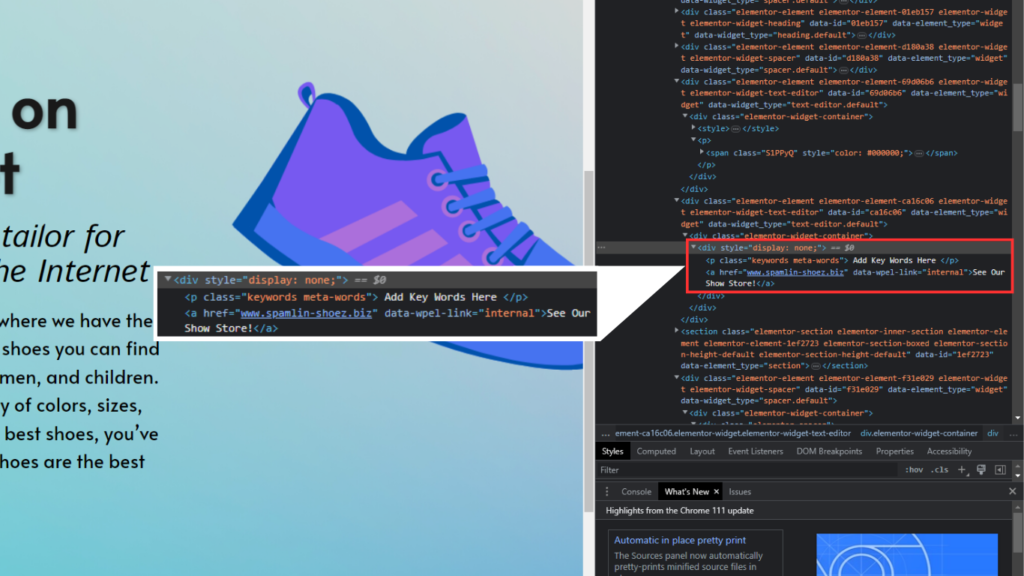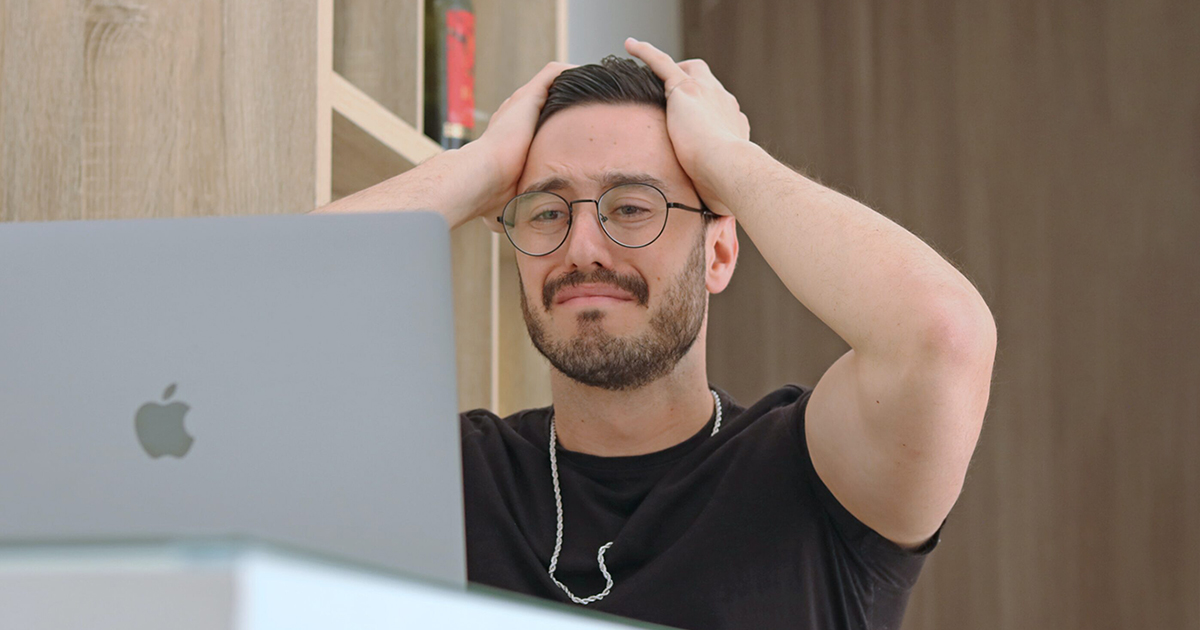Search engine optimization (SEO), the practice of optimizing a website to improve visibility, is crucial for any B2B website’s business strategy. But when it comes to SEO, mistakes can and will cost you. Even simple missteps like neglecting keyword research or on-page optimizations could be SEO mistakes that stand between your business and success.
In this blog, we’ll cover some SEO mistakes that are ruining your website. Read on to learn about common SEO misconceptions, forgotten elements, and black hat strategies that you should avoid at all costs.
What are the Most Costly Mistakes in SEO?
The most costly mistake in SEO is all too common, it’s simply not doing SEO at all. Without an understanding of your target audience and how they navigate the internet, you’re unlikely to create website content that they will find. If users can’t find your content, they’re unlikely to purchase your product or service. That means a non-existent or poor SEO strategy causes you to miss out on countless sales.
Read on to learn a few common SEO mistakes that could be costing your business:
Ignoring Keyword Research – Keyword research and proper keyword implementation are vital to your digital marketing mix. Instead of asking yourself “how many SEO keywords should I use?” Ask yourself, which keywords align with your business goals and speak to your target audience. Once identified, you can create content pages that align with customer searches.
Ignoring On-Page Optimization – To make this content visible, you must utilize on-page SEO optimization techniques. These include optimizing the on-page items like the title, meta description, and page headings.
Forgetting about Mobile – This goes hand-in-hand with on-page optimization, but it deserves its own bullet point. Mobile optimization is key to user experience, which is key to search engine visibility. With more users accessing the internet on mobile devices, not optimizing for mobile can result in a decrease in traffic and rankings.
Ignoring Analytics – Free website analytics tools like Google Analytics allow you to track the success of your SEO strategy. The importance of tracking your B2B website traffic metrics like user engagement and bounce rate cannot be overstated. If you’re not tracking results, you can’t identify your wins or your opportunities to grow.
What SEO techniques should be avoided?
Black hat SEO is the practice of using unethical and manipulative techniques to improve your website’s search engine rankings. Some are “old-school” SEO techniques that Google and other search engines have designated as undesirable. Others are just plain malicious in their intent. They might seem like easy, low-hanging fruit; but be forewarned that these strategies will cost you. If you’ve used any of these techniques, they could be the mistakes that are ruining your website.
There are many different black hat strategies, but they all have one thing in common: they don’t work for B2B websites. If you use these techniques on your site, Google will catch on and penalize you. You will quickly lose visibility in search engine results and drop off the first page of results altogether. You’ll be lucky to rank on the second page, where only 0.63% of users dare to go.
Over time, these short-term SEO “hacks” will hurt your business’s bottom line. Here are some SEO tactics that you should avoid:
Keyword Stuffing
Keyword stuffing is exactly what it sounds like – cramming as many keywords into every bit of content you produce. It’s not the most malicious black hat SEO tactic out there, but it is one that will earn you a hefty penalty. It also creates an extremely awkward experience for your users because it makes your content repetitive and hard to understand.
Keyword stuffing is, however, one of the most common SEO mistakes we see. If you’re you’re struggling with website traffic, this is the mistake that could be ruining your website.

Buying Back Links & Link Farming
According to Moz’s 1-hour guide to SEO, links may be one of the most important pieces of your SEO strategy. This is because you want your site to have high-quality inbound and outbound links. It’s believed that the best inbound links to your website are earned, but this is no easy feat. Unfortunately, many companies fall victim to Black Hat SEO tactics when building their backlink portfolio. These tactics include backlink purchasing and link farming.
Buying a backlink is a quick and simple process. It’s simply purchasing a link from one website back to your own. These links may come from link farms with low domain authority. Since these links are usually purchased in bulk quantities, search engines will note a website’s sudden influx of low-quality backlinks and penalize the site. Search engines will also note if you are the one farming for links. If you are exchanging links or currency with other websites solely for the purpose of improving search engine rankings, they will find out.
Doorway Pages & Duplicate Content
Like link farming and purchased backlinks, doorway pages, and duplicate content are partners in SEO crime. Doorway pages are pages on your website that act as an entry point to multiple subpages. The subpages of these doorways contain duplicated content. They may have slight variations to target different keywords, but their information is entirely too similar.
Using a doorway page to link users to the same content across multiple pages won’t just decrease your website’s visibility. It will negatively impact your user experience. Giving users more pages but less information will break the trust of your audience. Every page on your website, no matter where it lands on your site map, should have unique and relevant information for your audience.
Cloaking
Tailoring your content for different groups of users is perfectly acceptable, but cloaking is not. Cloaking is a deceptive SEO practice that involves showing different content to search engines and users. It is commonly used by black hat SEO practitioners to manipulate search engine rankings by ranking for irrelevant search terms. Spam websites also use cloaking to hide their spam content from search engine bots. Since your running a credible and legitimate business, it’s unlikely that cloaking will be one of the mistakes that are ruining your website.
Hidden Text
Hidden text is an SEO nightmare for businesses and users alike. After the first search engine algorithms were created in the 90s, many website administrators would hide text in odd places around their websites. These keywords were often the same color as the site’s background, making them impossible to see. They also lead users to irrelevant websites that didn’t answer their questions.
This style of hidden text was quickly acknowledged and penalized by search engines. Still, the practice has not died out entirely. Instead of hiding text on the page, some black hat search engine optimizers hide it in the source code of websites. This code can only be viewed when users right-click to inspect pages and read through lines of code. Even though it is harder to find, it is still easily accessible by website crawlers. These crawlers will then penalize the website for having this hidden text.

To check for mistakes that are ruining your website, leverage the tools at your disposal. If you do not work with an SEO agency, you can check on the health of your site with free tools like Google Search Console.
Can You Do SEO Yourself?
To do SEO yourself, you need to dedicate valuable time and effort toward honing your skills and staying up to date on best practices. It’s also important to note that SEO involves a range of technical and creative elements that take time to learn. Read on to learn the basic SEO principles that will set you up for success.
Keyword Research – Identifying what keywords and phrases your target audience searched is the start of any SEO strategy. Start with a large list of keywords for copywriting, and then narrow it down to 10-20 VIP keywords to help you prioritize.
On-Page Optimization – Optimizing individual web pages will improve their ranking and attract more relevant traffic. There are many on-page elements to be optimized, but you cannot afford to neglect the meta description or footer links.
Technical Optimization – Ensuring that your website is technically sound and easily crawlable by search engines goes a long way. When websites load quickly and are mobile-friendly, users and search engines rejoice!
Content Creation – You can use your keywords SERP features as a guide when deciding what types of content will benefit your business best. You should also consider how long the type of content you’re making will take, and if you have the time and resources to make high-quality pieces that your users will enjoy.
Strategic Link Building – The best backlinks are earned, but it’s hard to get in front of the right people. Consider conducting backlink outreach, the manual process of asking other website administrators or links back to your site.
Analytics – Measuring the effectiveness of your SEO efforts and making necessary adjustments is important to long-term success. It’s best to report monthly or quarterly, even if you are tempted to check it every day or every week.
What is the Most Difficult Part of SEO?
It’s hard to pin down what makes SEO so hard because even SEO professionals have individual focuses. Some search engine optimizers focus on technical SEO which requires coding skills that make content creators cringe. Technical SEO experts, on the other hand, may struggle to write written content.
Still, there are a few parts of SEO that are universally challenging. It’s hard to stay current with search engine algorithm updates, as search engines are notoriously secretive about these changes. Link building is also difficult, it’s both time-consuming and relationship based. Then there are the challenges of competing with major competitors who have a long history of brand awareness and SEO work under their belts. Each of these challenges takes time to overcome, time that most business leaders and their teams simply don’t have.
SEO is a constantly evolving field that’s not easy to break into. But that shouldn’t discourage you from working on SEO for your website. Despite these challenges, investing in SEO can be highly beneficial in the long run, as it can help improve your website’s organic growth and conversions.
Are SEO Experts Worth It?
SEO is a long-game strategy, and it’s not something you can do once and then forget about. You need to build a flexible SEO strategy, monitor its results, and update when necessary to win the SEO wars. You also need someone in your corner who is dedicated to understanding algorithm updates and avoiding the mistakes that are ruining your website.
SEO is a complicated field, and if you’re not careful, it can ruin your website. If you want to avoid making these costly mistakes and get ahead in the search engine rankings, then you need to hire a B2B SEO service to guide you. With a digital marketing agency specializing in SEO in your corner, you can rest assured that your website will reach its full potential.











